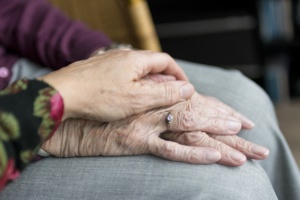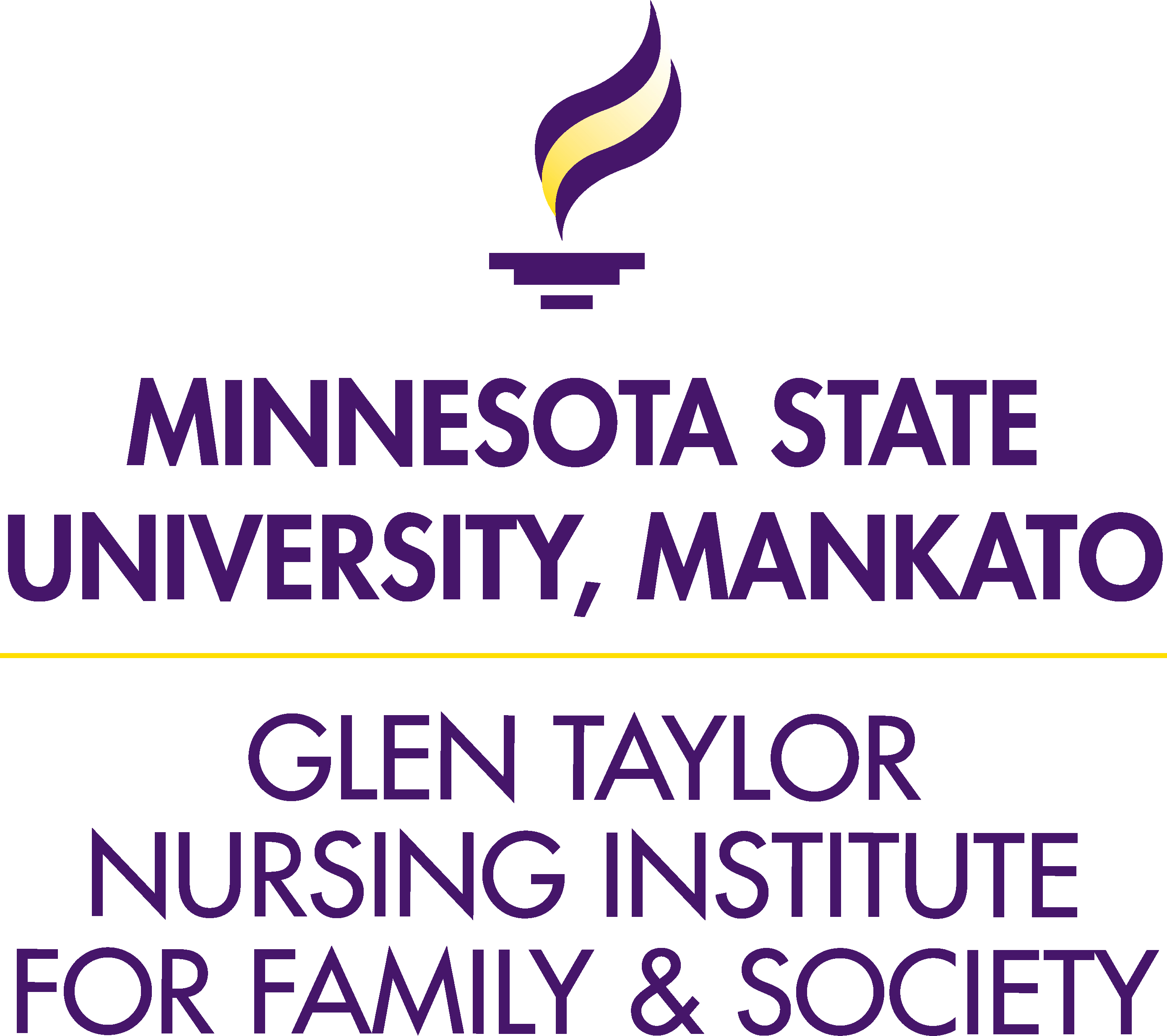 Research of the family caregiving experience can aid in understanding the impact of caregiving on levels of stress and family quality of life, as well as help to elucidate health disparities among caregiving populations and inform intervention development. My colleagues and I recently presented a workshop on innovative methods for data collection in family caregiving research at the 14th International Family Nursing Conference in Washington, DC. Our emphasis was on the use of technology and digital methods. We also provided examples of how to translate more traditional methods of data collection, such as surveys and focus groups, to online platforms using specific research-based exemplars for how to implement these methods successfully.
Research of the family caregiving experience can aid in understanding the impact of caregiving on levels of stress and family quality of life, as well as help to elucidate health disparities among caregiving populations and inform intervention development. My colleagues and I recently presented a workshop on innovative methods for data collection in family caregiving research at the 14th International Family Nursing Conference in Washington, DC. Our emphasis was on the use of technology and digital methods. We also provided examples of how to translate more traditional methods of data collection, such as surveys and focus groups, to online platforms using specific research-based exemplars for how to implement these methods successfully.
I opened the workshop with an introduction of current and innovative data collection methods and study designs in family caregiving research from the literature. I offered a brief overview of the methodological approaches to be covered in workshop, which included instrument development, focus groups and interviews, smart health technologies, social media data, and online platforms.
Ruth Palan Lopez presented an introduction to instrument development, describing the concepts supporting instrument development. She demonstrated how she used her qualitative research results regarding nursing home care and decision making to inform the development and testing of her Surrogate Decision Making Self-Efficacy Scale.
Lora H. Beebe followed with a description of focus group methodology. She provided an overview of her Telephone Intervention Problem Solving for Schizophrenia (TIPS) intervention study and how she used focus groups as part of the TIPS study.
Karen M. Rose walked attendees through an overview of smart health technologies, describing factors to consider in using smart health technologies. She used her work in body sensors to understand nocturnal agitation and urinary incontinence in people with dementia as an exemplar of how to collect data in family research using these technologies.
I closed the workshop by providing an overview of social media platforms, including the ethical considerations in using social media data for research. I used by analyses of blogs written by family caregivers of people with dementia as an example. I then delved into using online platforms for data collection, including a description of online focus groups and best practices for designing and using electronic surveys based on Eysenbach’s Checklist for Reporting Results of Internet E-Surveys (CHERRIES). I shared how I am using this framework for my current study examining family quality of life for LGBTQ+ caregivers of people with dementia.
Throughout the workshop, attendees shared challenges they have faced in data collection and how they might incorporate some of the ideas presented into their future work. As I have experienced at each International Family Nursing Conference that I’ve attended, the participants in the workshop were fully engaged in the material presented. I think we all came away with new insight into how we can advance the scholarship of family caregiving research across the lifespan.
Joel G. Anderson, PhD, CHTP, FGSA, is an Associate Professor at the University of Tennessee College of Nursing and a member of the IFNA Communications Committee. His research examines family quality of life in dementia and issues related to caregiving, including the use of social media as part of the family caregiving experience and the unique needs of the LGBTQ+ caregiver population. You can follow him on Twitter at @JoelAndersonPhD or read his blog.
